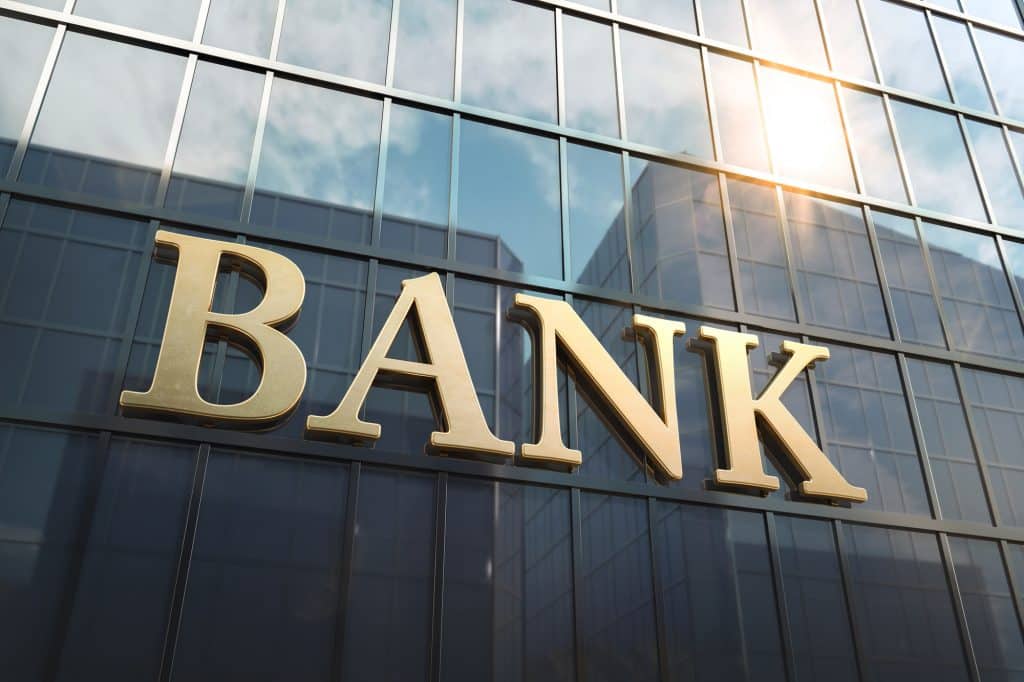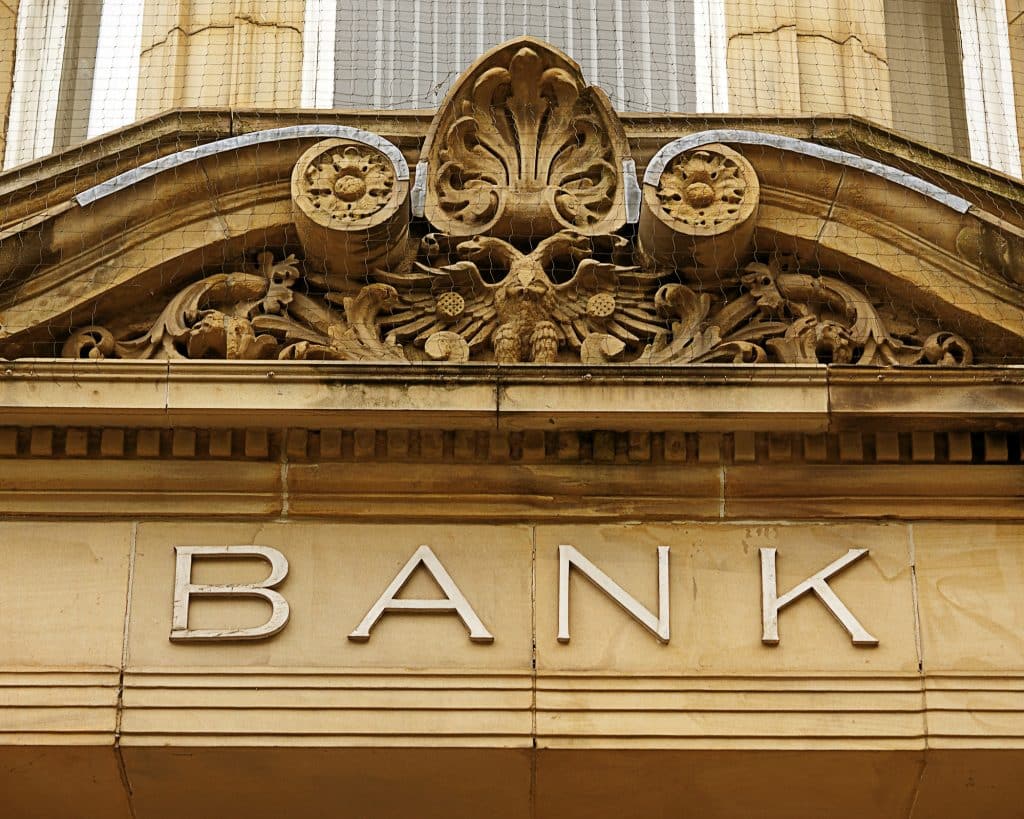If you have a checking or saving account with a bank, you may know something about bank fees. Yes, those dreaded fees that come up ever so often. They are pricey and bothersome as they tend to come up in times that you may not have money in your account to pay for them.
It seems that nowadays banks have a fee for everything. These fees can certainly add up fairly soon. Too many, and you might end up having to close your checking or saving account as you will find yourself having a low account balance or, even worst, find yourself in the negative.
It is important to be familiar with the bank fees that are imposed by your bank. You can avoid many annoying fees that arise when using your bank. We all know that saving each penny matters, so learn how not to fall victim to charges.
1. Overdraft Fees
Bank fees can hit you from the left and right. One of the most common is the overdraft. You may be familiar with this fee if you have withdrawn more money then what you had available in your account.
This is a bank fee that one can find themselves paying if they have purchased something that cost more than the money they have in their account. In the case of an emergency, you may find yourself having to pay for this fee if you end up buying something and you don’t have the money for it.
The amount that you are charged for an overdraft depends on the bank. Fortunately, there are ways to avoid overdraft fees. Contact your bank associate to inform him or her that you want to opt-out of the overdraft service. This will prohibit a transaction from being approved if you don’t have the funds available in your account.
2. Monthly Maintenance Fees
One of the most dreaded bank fees is the monthly maintenance fee. This is like a fee that you can expect to see every 30 days. Some banks have it in writing that they charge a fee to maintain your account. They inform you of this when you open the account.
In most cases, monthly maintenance fees are avoidable. You have to meet certain criteria to avoid monthly maintenance fees. For example, if you have a large balance in your account, you may not need to pay such fees. If you have direct deposit, you may not need to pay for monthly maintenance fees.
3. Card Replacement Fees
Card replacement fees are what you have to pay to the bank if you need to order a new debit card. If you lost your debit card or accidentally damaged it, you may have a double whammy. Not only do you no longer have a debit card, but you must also pay the bank to receive a new one.
The bank will charge you a fee for this service. The new card may take about a week to be mailed to you. If you want it to come faster, some banks give you the option of expedited service. Pay a little bit more for rush delivery.
Yes, this is like rubbing salt into your wounds.
Unfortunately, there is not much you can do this avoid this bank fee. If you lose your debit card, you will need a replacement one. You need to keep your debit card safe so you do not lose it or damage it.
4. ATM Fees
There are fees that you may have to pay for if you use an ATM that is out of your bank’s network. If you find yourself in an area where there are no ATMs sponsored by your bank and you have an emergency, you may have to withdraw from an out-of-network ATM.
This is a bank fee that can cost you double. The owner of the ATM may charge you a small fee, and your bank will charge you another fee.
To avoid this type of bank fee, make sure you carry money, especially in the case of an emergency where you may need to pay with cash as credit cards may not be accepted. If you are looking to open a new bank account, make sure to open an account with a bank that has a large network of ATMs.
Also, consider asking your bank if they can reimburse you for the ATM fees. This is a service that some banks may provide you.
5. Inactivity Fees
You may be asking yourself, “Why do banks charge an inactivity fee?” Quite shockingly, many banks do charge inactivity fees. If you have a bank account and have not used it in a specific period, expect to see this type of bank fee in your bank account statement.
Banks do not want to have customers who have inactive bank accounts. It is not good for their business. You may find yourself having to pay for this fee if you have not had any activity in your account in a year.
These Bank Fees Can Add Up
No one likes to lose money, especially if they have to give it away to a bank. Bank fees can add up. And for the most part, they can be avoided.
Make sure that you are aware of the bank fees that your bank charges. This information you can find on a bank’s website. Take the actions that are necessary to avoid bank fees.
Consider joining a private bank that may not impose these charges. If you would like to read more about private banks or finance-related topics continue to explore the website.









